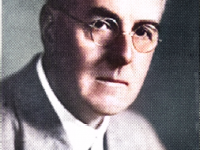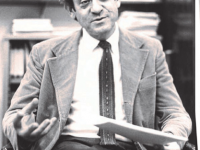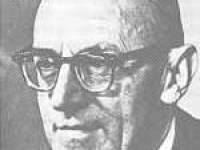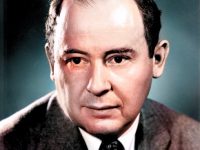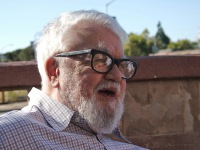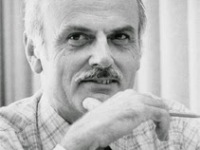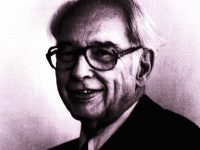Lewis Fry Richardson and the accurate Weather Forecast
On October 11, 1811, English mathematician, physicist, meteorologist, psychologist and pacifist Lewis Fry Richardsen was born. Richardson pioneered modern mathematical techniques of weather forecasting, and the application of similar techniques to studying the causes of wars and how to prevent them. He is also noted for his pioneering work concerning fractals and a method for solving a system of linear equations known as modified Richardson iteration. Lewis Fry Richardson – Early Years Lewis Fry Richardson…
Read more

